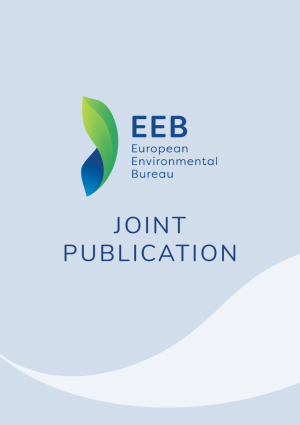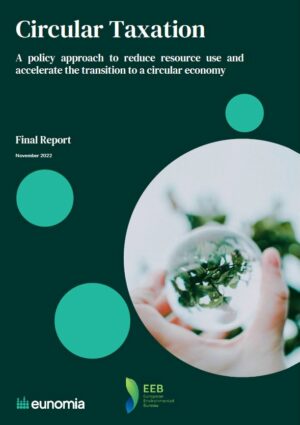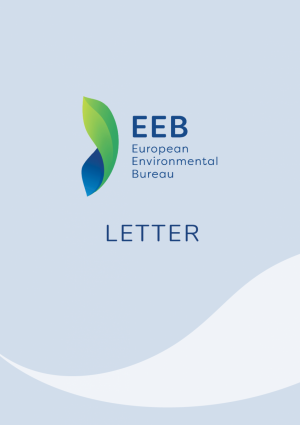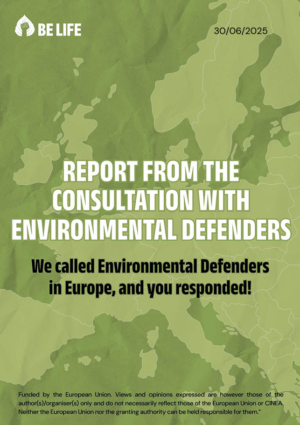
Circular taxation
Circular taxation instigates the principle of setting a tax of sufficient magnitude that by providing a clear price signal brings about a certain level of behaviour change, leading to a reduction in both resource use and resource waste. Despite its applicability and potential impact across the economy, the concept of circular taxation is still in its infancy.
Circular taxation can reduce consumption and overall use of resources and lead to positive environmental impacts (lower carbon and material footprints), helping transform our linear wasteful economies into efficient circular economies.
This report proposes a definition of circular taxes, discusses the environmental and social impacts of four environmental tax case studies, and elaborates on how the barriers these have faced can be overcome through tax design, tax rates, stakeholder communication, effective compliance, monitoring and enforcement, and revenue recycling.
Widespread implementation of circular taxation across Europe can be further supported through harmonisation across different markets by implementing a common framework for circular taxation at the EU level. This could be achieved by moving from the current requirement of unanimity under a special legislative procedure for tax policy decisions at the EU level to qualified majority voting under the ordinary legislative procedure.





